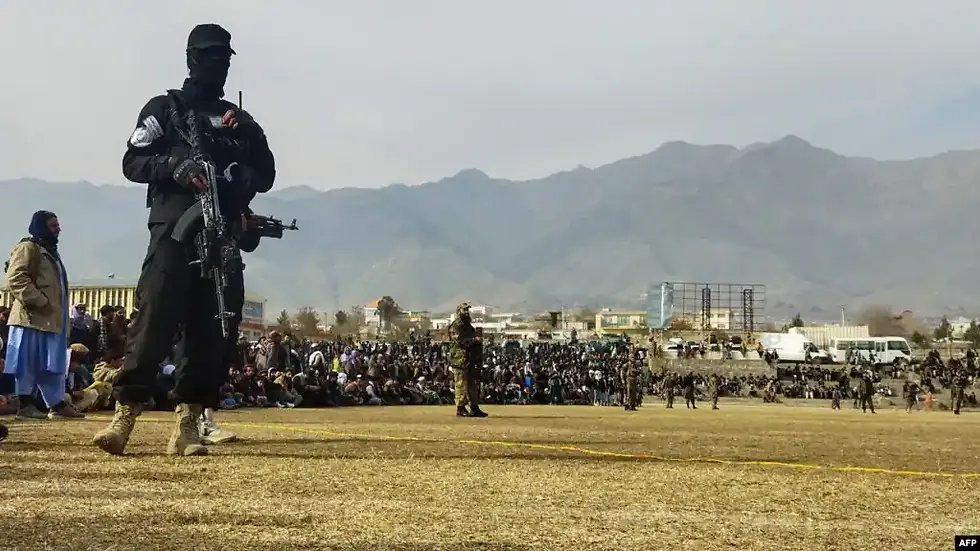Abida's Self-Immolation: A Girl Who Chose Fire Between Coercion and Freedom
- Tamim Attaiy
- Apr 29, 2025
- 2 min read
Updated: Apr 29, 2025
In Ghor Province, a girl set herself on fire to escape a forced marriage. The incident has once again drawn attention to the fate of Afghan girls under Taliban rule.
On April 27, 2025, in the village of "Darzab Nili" in the Taywara district of Ghor province, a young girl named Abida bint Mohammad Alam set herself on fire in response to pressure for a forced marriage. She succumbed to her injuries shortly after due to the severity of the burns.
The girl's family claims that a few days before the incident, the Taliban had visited their house and arrested Abida's father and two brothers. Local sources suggest that the reason for the arrest was the family's opposition to her forced marriage to a Taliban member.
So far, official Taliban sources have not commented on the incident.
In recent years, several reports from human rights organizations and independent media have been published, highlighting the increase in forced marriages and child marriages in various provinces of Afghanistan.
The United Nations, Human Rights Watch, and Amnesty International have repeatedly expressed their concerns about the severe restrictions on the rights of women and girls under Taliban rule.
In some of these reports, forced marriage has been described as a form of structural violence against women.
Abida's self-immolation has drawn attention from both domestic and international media and has sparked widespread reactions on social media.
Civil campaigns in the virtual space with hashtags such as #JusticeForAbida and #NoToForcedMarriage have called for accountability from international organizations regarding the situation of Afghan girls.
Human rights experts say that self-immolation is often the last resort in response to psychological pressure, helplessness, and structural violence. In many cases, victims have no legal recourse or safe refuge to resist coercion.
Abida is now deceased, but her story once again exposes a bitter reality:
In Afghanistan, for many girls, there is no choice but to surrender or burn.
Zan TV will continue to follow this case.



